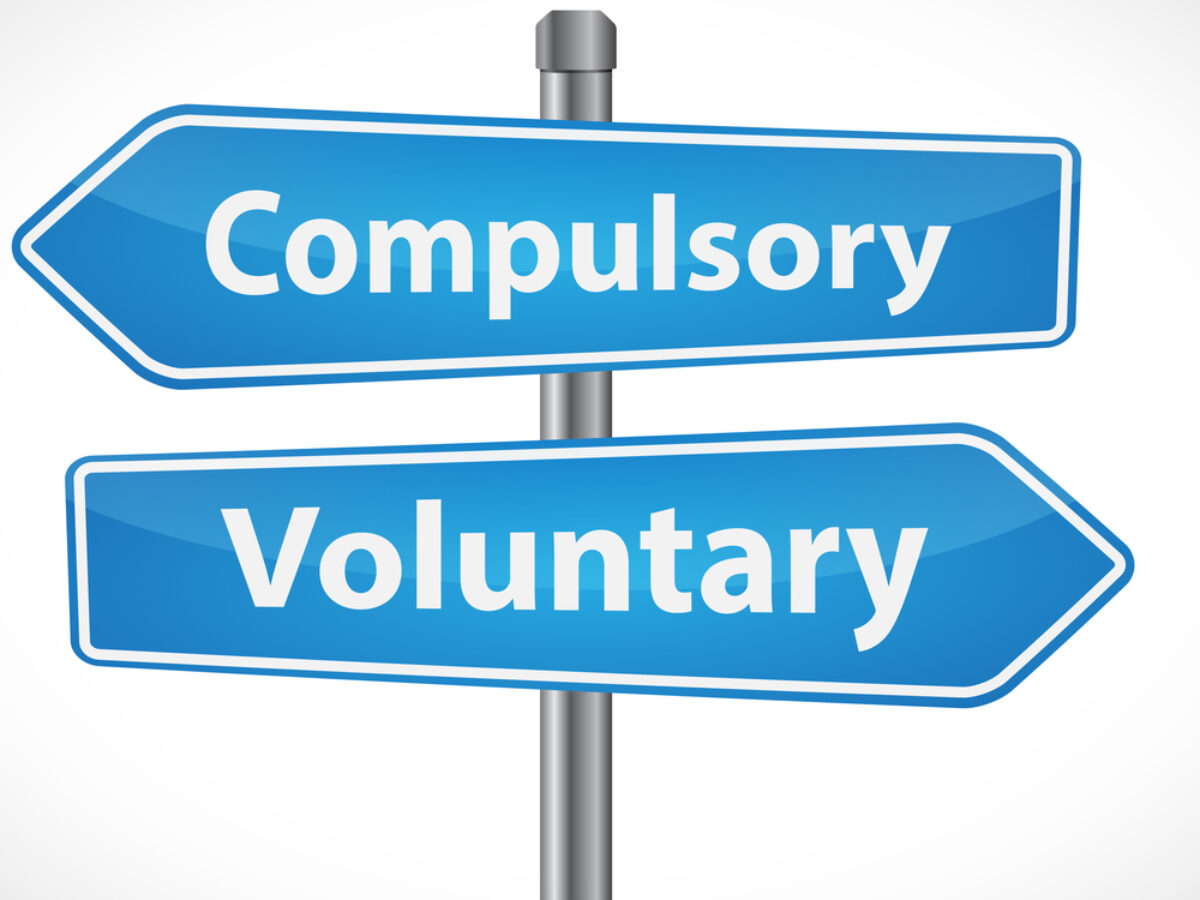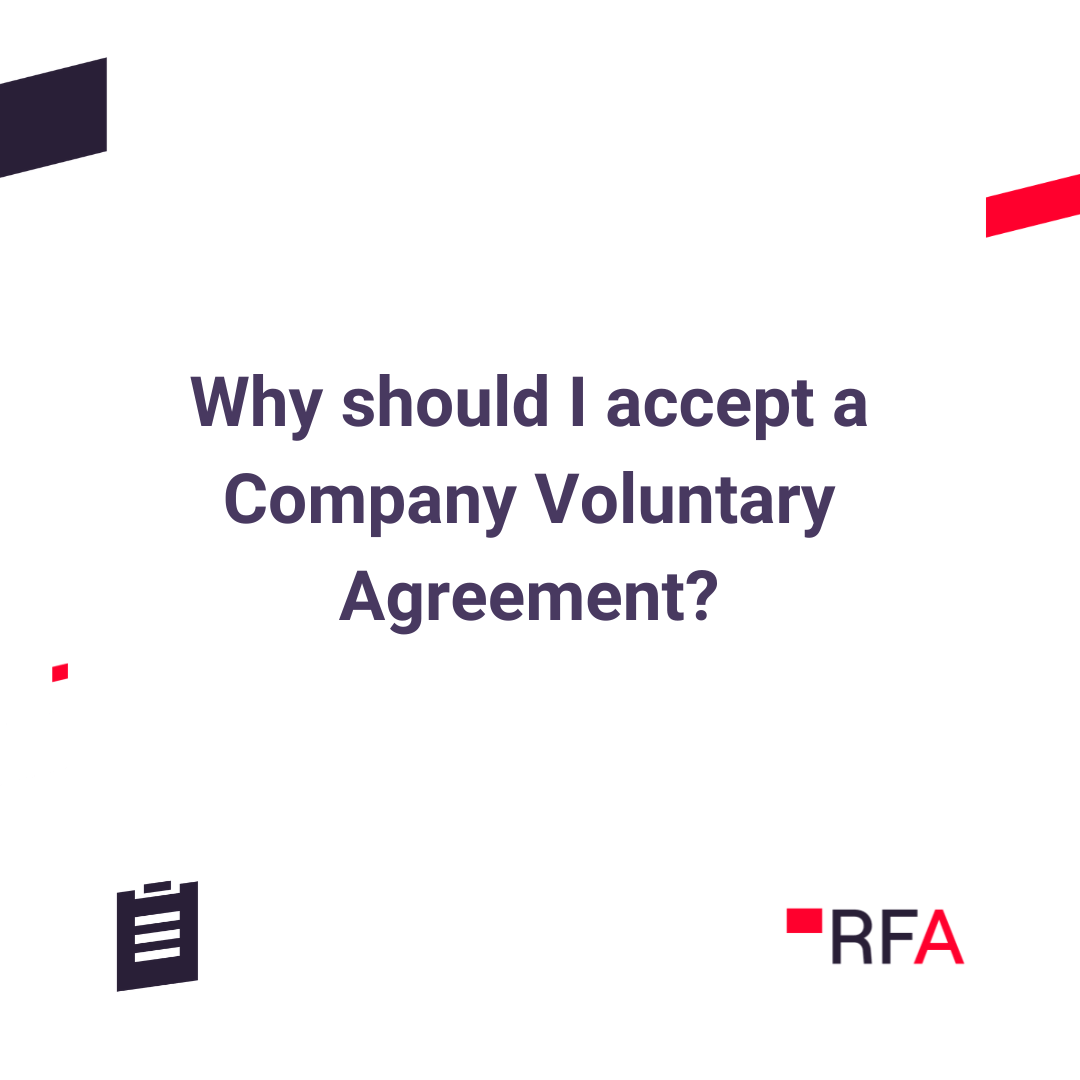Relevance of the First Gazette Notice in Compulsory Strike Off
Relevance of the First Gazette Notice in Compulsory Strike Off
Blog Article
Comprehending the Process and Effects of Compulsory Strike Off Under Business Regulation
In the realm of business regulation, the procedure and ramifications of required strike off hold substantial weight for organizations and their supervisors. Comprehending the complexities of why companies deal with such an end result, the precise steps involved in the strike off process, and the far-ranging effects for all parties entailed is important in navigating the complex landscape of corporate governance. As we explore the reasons behind compulsory strike offs, the ensuing treatments, and the succeeding effects, a clearer photo arises of the extensive effect it can carry entities and people alike.
Factors for Compulsory Strike Off
Compulsory strike off under business legislation is launched by the regulative authorities for certain reasons associated with functional or non-compliance irregularities. The primary reason for a firm to deal with required strike off is the failure to submit yearly returns or monetary statements for a prolonged duration. This non-compliance shows an absence of transparency and adherence to regulatory needs, raising problems about the business's economic health and wellness and liability.

Refine of Strike Off
Provided the regulatory authority's initiation of compulsory strike off for numerous reasons, recognizing the procedure of strike off is vital for companies facing potential dissolution under business regulation. The process commonly begins with the regulative authority sending notices to the company's registered workplace address, notifying them of the impending strike off. It is important for the business to address any superior concerns, such as submitting overdue documents or settling superior fees, within the specified duration to prevent dissolution.

Ramifications for Companies
What are the ramifications for companies encountering mandatory strike off under company legislation? Companies facing obligatory strike off may come across numerous significant implications. First of all, the firm ceases to legitimately exist, resulting in the loss of its business standing and the coming with defenses and advantages. This can cause the inability to enter into contracts, conduct service, or go after legal activities in the company's name.
In addition, the firm's properties at the this page time of strike off end up being home of the state, which can lead to financial losses for investors and lenders. Investors may lose their investments, while financial institutions may battle to recoup any type of arrearages owed to them by the struck-off company.
Furthermore, directors of the business might encounter incompetency from holding similar settings in various other business for a specified period (first gazette notice for compulsory strike-off). This can tarnish their professional track record and limit their future service opportunities
Effects for Directors
Encountering mandatory strike off under firm regulation can have serious implications for directors, influencing their future roles in other firms and possibly tainting their professional standing. Supervisors of a business encountering required strike off might discover it original site testing to safeguard directorial placements in other business in the future. This is since the strike off suggests a failing to adhere to legal responsibilities, elevating worries about the supervisor's capacity to satisfy their tasks successfully. Additionally, the tarnished professional online reputation resulting from an obligatory strike off can lead to a loss of count on from service companions, stakeholders, and customers. Supervisors may additionally encounter individual economic responsibilities if they are located to have acted negligently or fraudulently, causing possible lawsuits versus them. On the whole, the repercussions of required strike off for supervisors extend past the details firm concerned, influencing their job potential customers and expert trustworthiness in the lengthy term.
Staying Clear Of Compulsory Strike Off

Conclusion
Finally, comprehending the procedure and effects of mandatory strike off under firm law is essential for directors and firms to make certain conformity with policies. By knowing the factors for strike off, the procedure involved, and the repercussions for all events entailed, companies can take steps to avoid undergoing compulsory strike off. It is necessary for directors to be proactive in keeping appropriate documents and conference legal commitments to avoid the risk of strike off.
Offered the regulatory authority's initiation of obligatory strike off for different factors, understanding the process of strike off is vital for firms dealing with potential dissolution under firm regulation.What are the ramifications for business facing compulsory strike off under firm legislation?Facing obligatory strike off under firm legislation can have extreme implications for directors, influencing their future duties in other companies and possibly tarnishing their professional standing. Directors of a company dealing with compulsory strike off may discover it challenging to secure directorial placements in various other companies in the future.In conclusion, recognizing the procedure and ramifications of required strike off under firm law is necessary for companies and directors to guarantee conformity with regulations.
Report this page